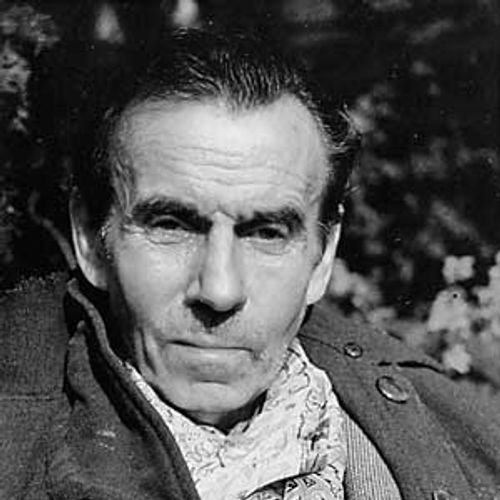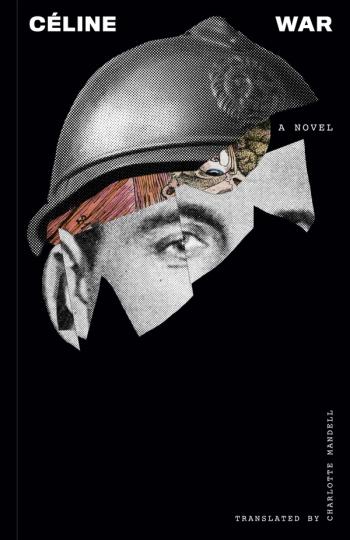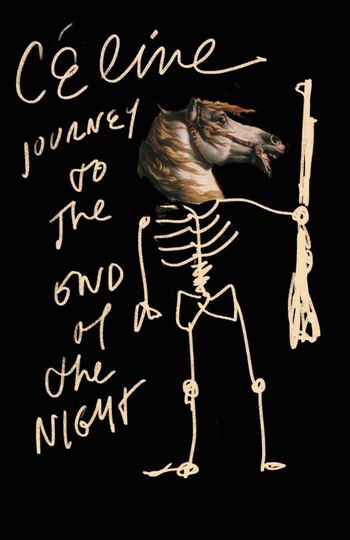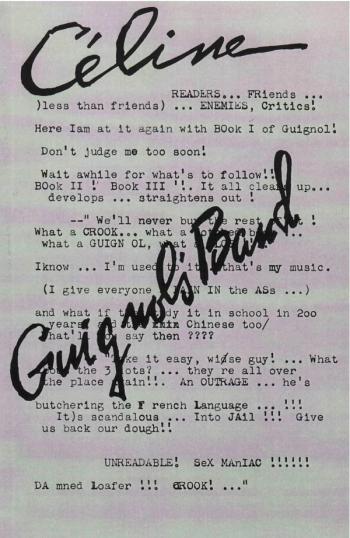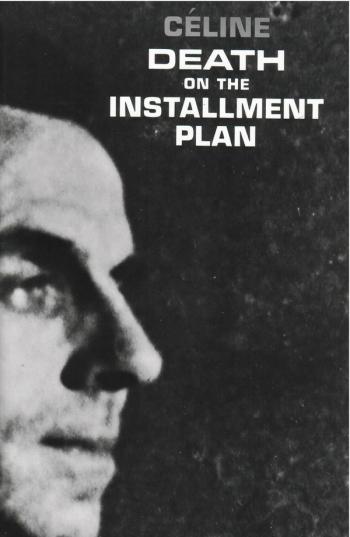Louis-Ferdinand Céline
Louis-Ferdinand Celine (1894–1961) was a French author best known for his works Journey to the End of the Night and Death on the Installment Plan. After returning from war with a partially paralyzed right arm, Celine worked with the passport office of the French Consulate in London, later moved to Africa to work for a French lumber company, moved back to France, lectured about tuberculosis for the Rockefeller Foundation, and earned a medical degree from the University of Rennes. It was while he worked as a doctor that he turned to writing. He had a successful, albeit controversial, career as a writer until he suffered a stroke in 1961 and passed away.
